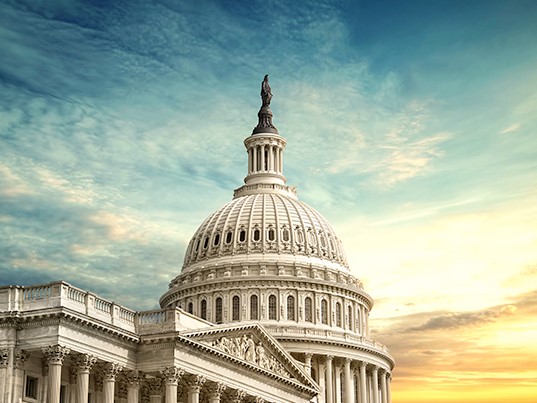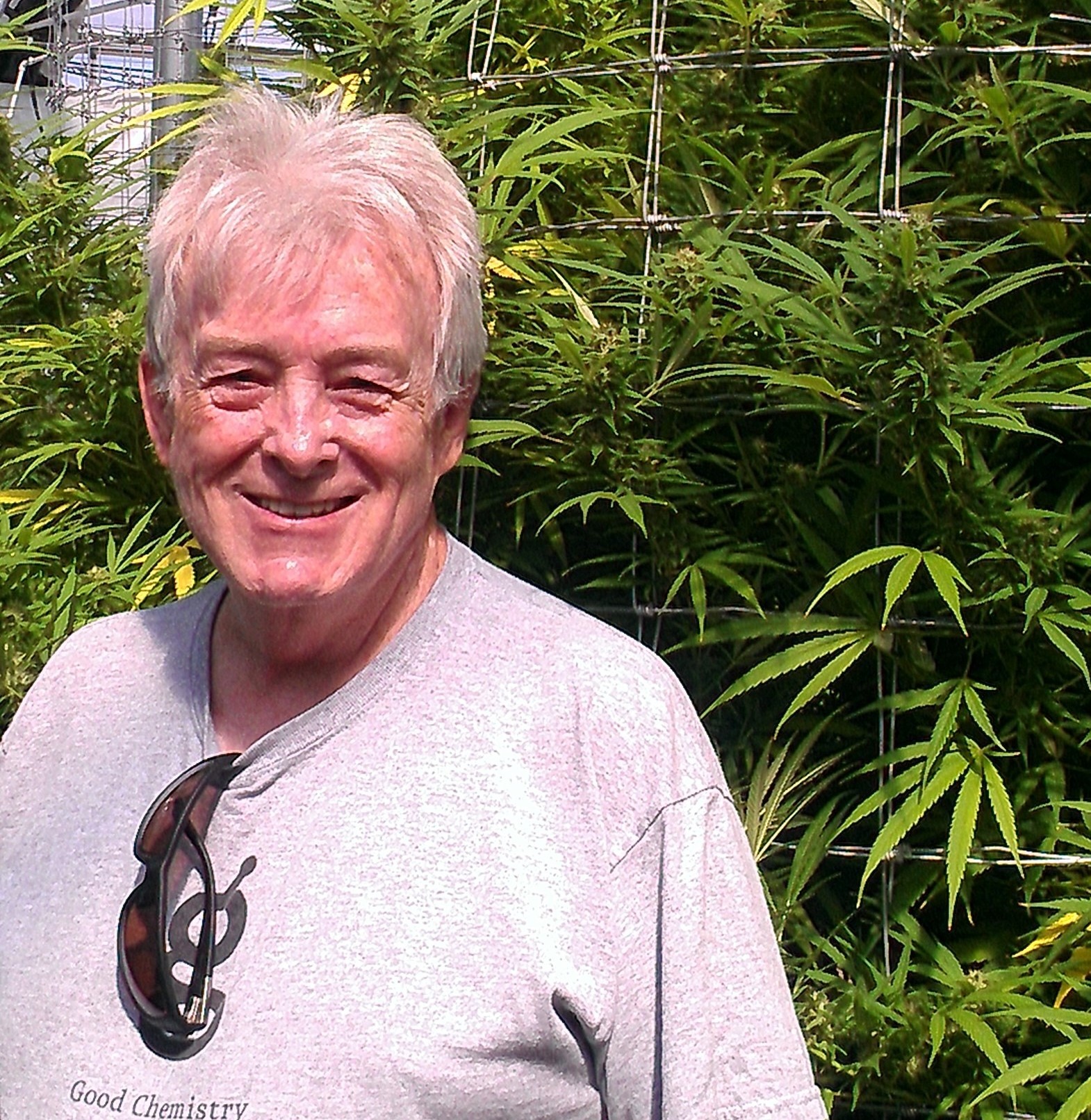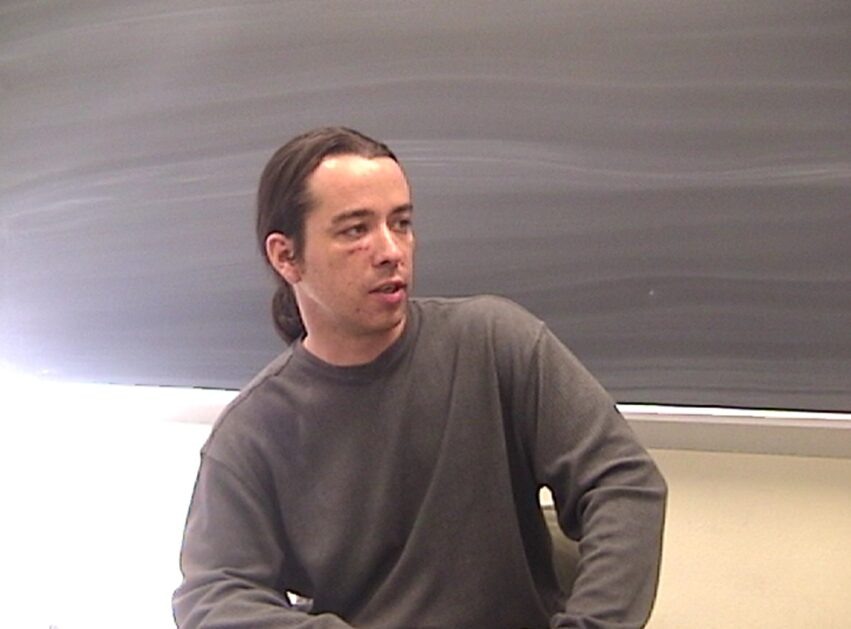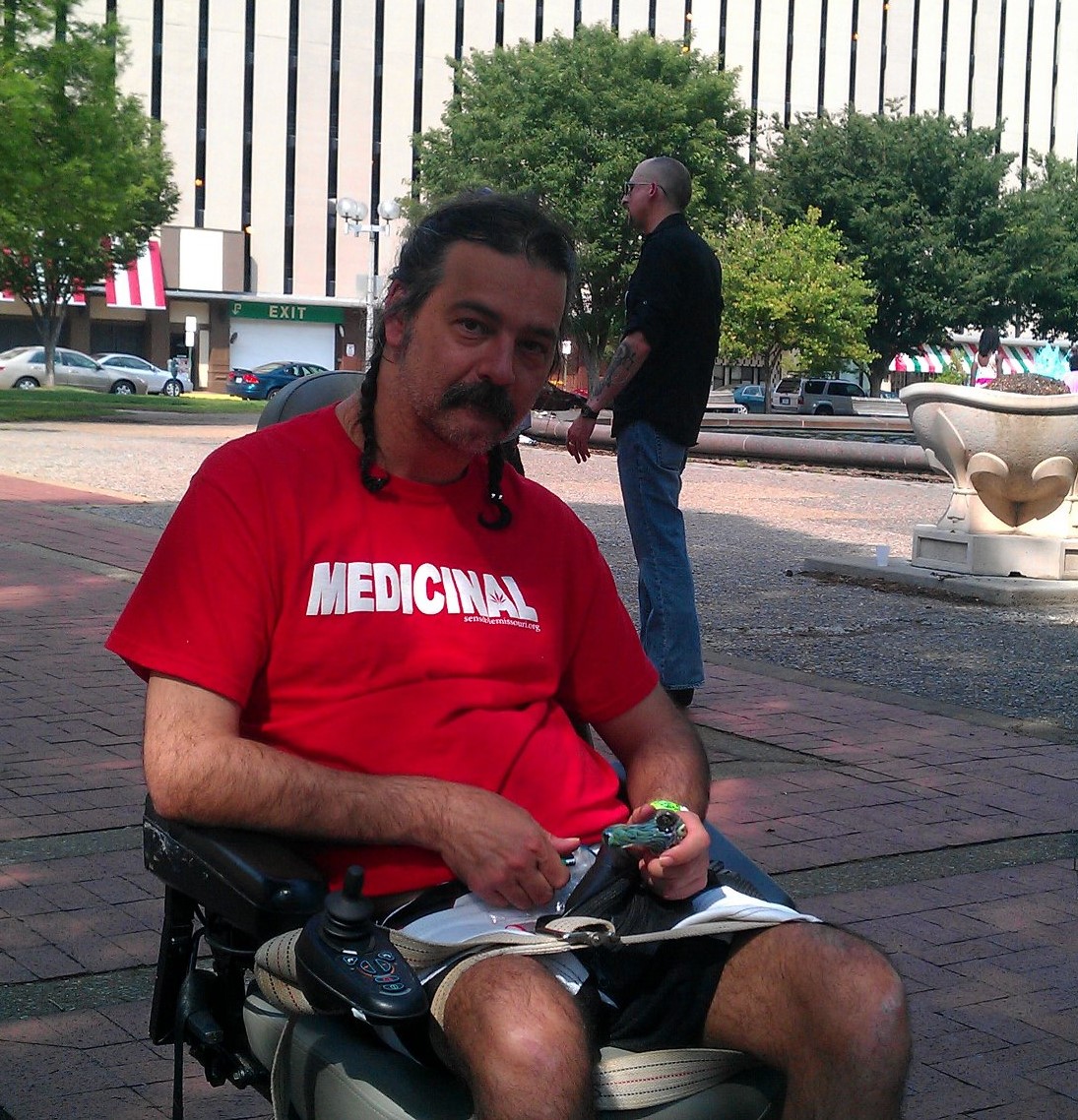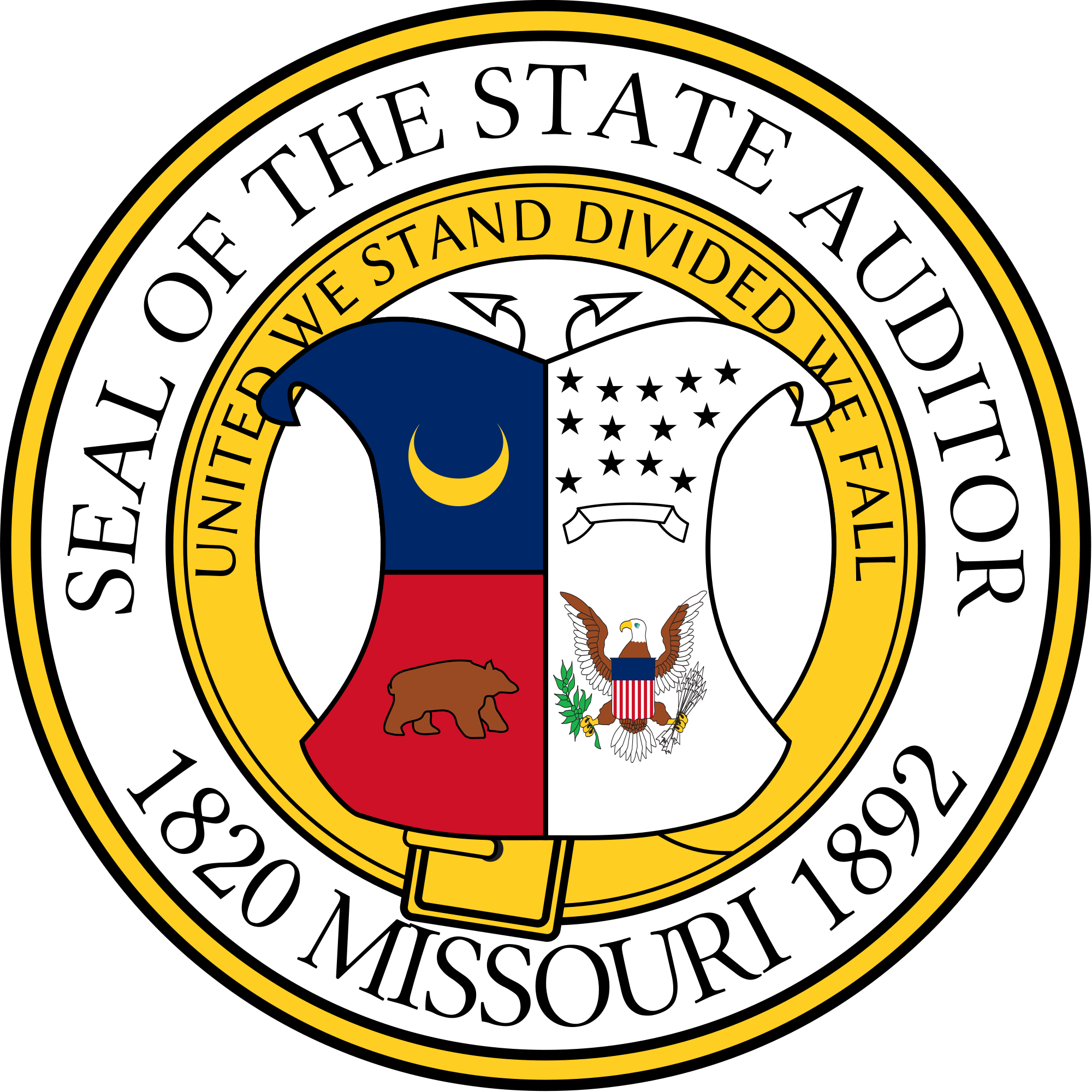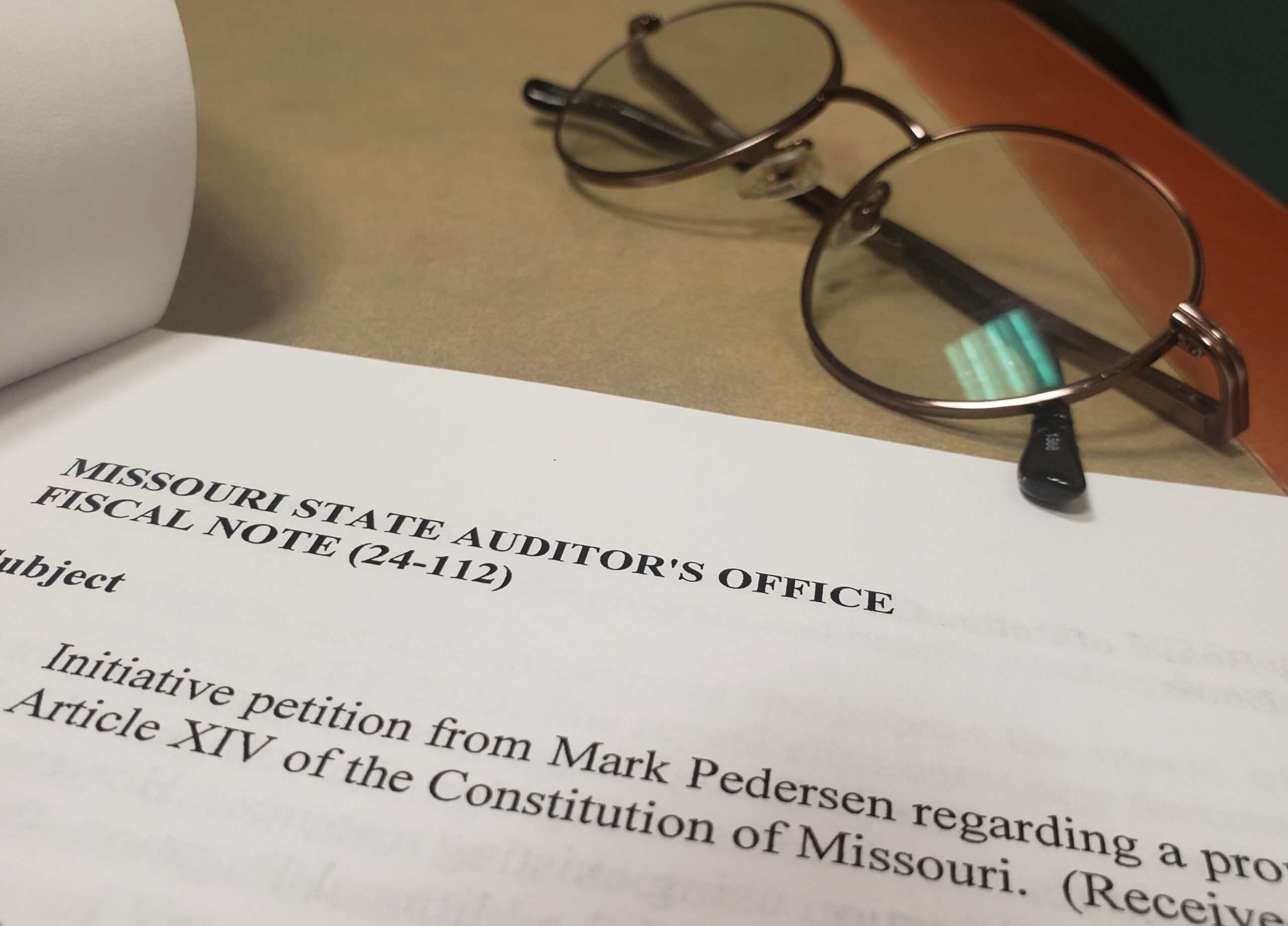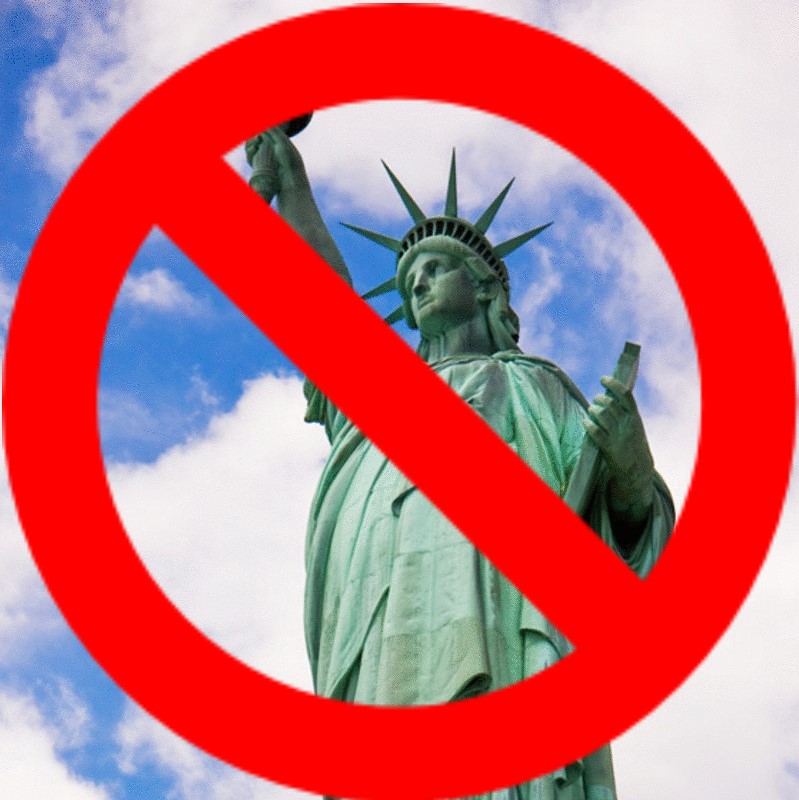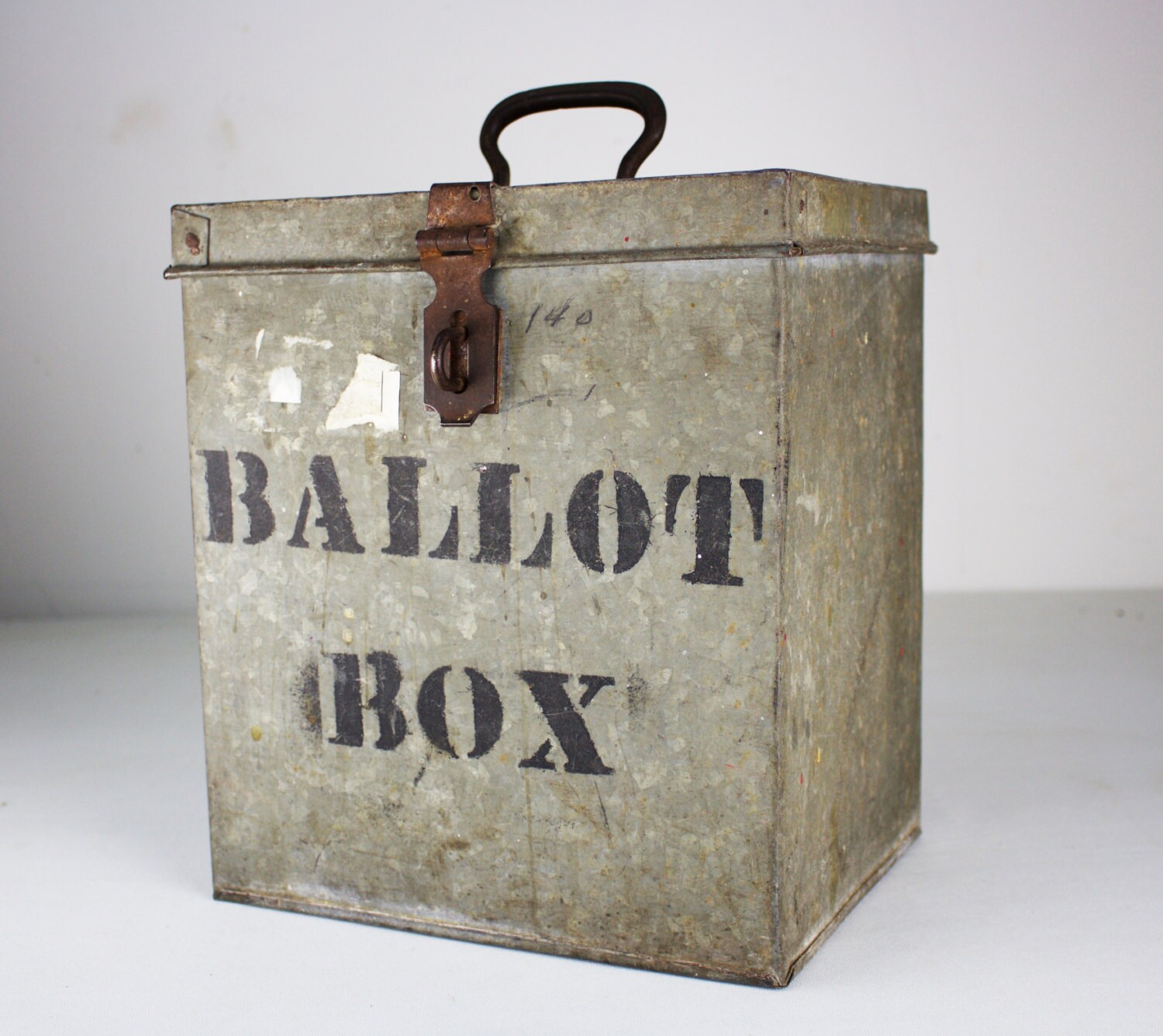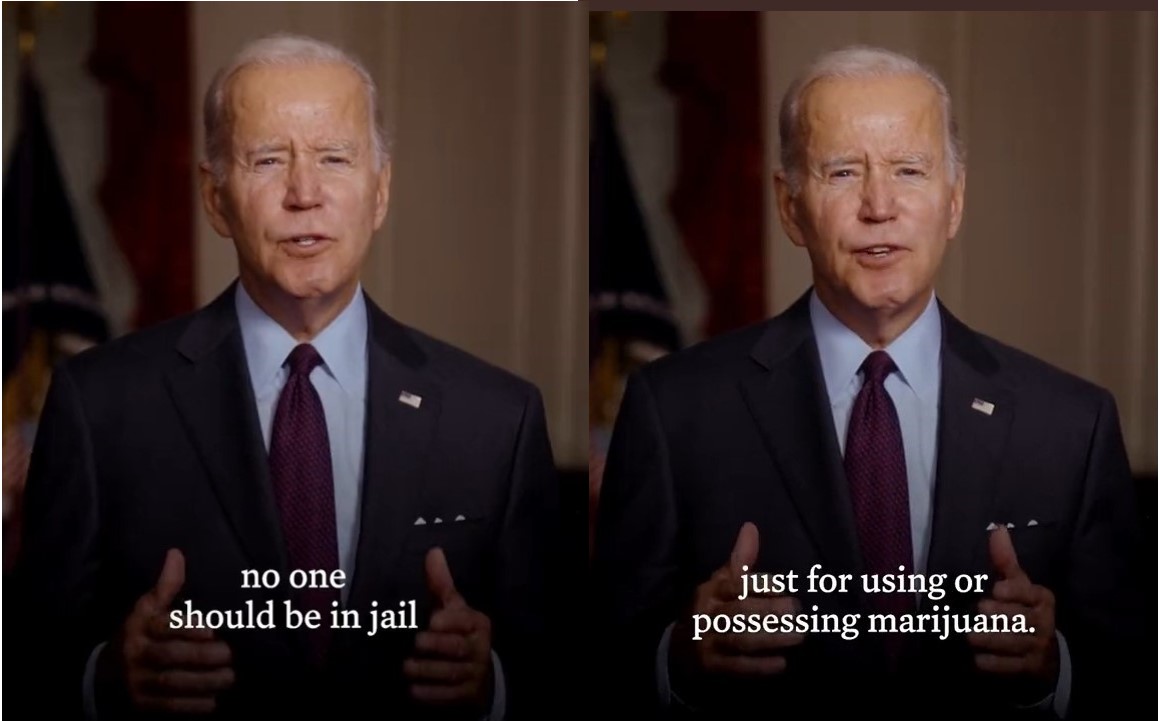The “Marijuana Opportunity Reinvestment & Expungement Act
“To decriminalize and deschedule cannabis, to provide for reinvestment in certain persons adversely impacted by the War on Drugs, to provide for expungement of certain cannabis offenses, and for other purposes.” …or so it states.
The MORE Act has been heralded as the final step toward Cannabis legalization in America. Most certainly, that would be incredible news to so many. To those like myself, who have waited literally decades, that would be nothing short of miraculous.
It is unfortunate that the last twenty years have made me so pessimistic, but I have learned the hard way not to quickly accept the seemingly altruistic behavior of politicians and Cannabis activists. In EVERY case, there have been hidden motives at the heart of their agendas. I wish I could say that wasn’t the case with the MORE Act but unfortunately, there are more than a few troubling things found hidden beneath its veneer. And it has quite a finely worded shell, full of statements regarding the injustices of the “Drug War”. It seems particularly preoccupied with the way Hispanics and African Americans have been treated, and in fact, use this premise as its principle motivation – or so it’s authors would like us to believe.
It is important, however, amid the plethora of truthful statements of injustices, that we look closely at what the MORE Act would actually DO. What is it’s real purpose. Let’s take a look.
“SEC. 3. Decriminalization of cannabis”.
It is vitally important to know the difference between “decriminalization and legalization”, since they are used interchangeably in this document. They are not the same thing.
Let’s start out with something positive about the MORE Act…well, sort of.
REMOVAL FROM THE CONTROLLED SUBSTANCE LIST
“.—Not later than 180 days after the date of the enactment of this Act, the Attorney General shall finalize a rulemaking under section 201(a)(2) removing marihuana and tetrahydrocannabinols from the schedules of controlled substances. Marihuana and tetrahydrocannabinols shall each be deemed to be a drug or other substance that does not meet the requirements for inclusion in any schedule. A rulemaking under this paragraph shall be considered to have taken effect as of the date of enactment of this Act for purposes of any offense committed, case pending, conviction entered, and, in the case of a juvenile, any offense committed, case pending, and adjudication of juvenile delinquency entered before, on, or after the date of enactment of this Act.”
For fifteen years I have been beating this drum. LEGALIZATION IS NOT POSSIBLE WITHOUT THE COMPLETE REMOVAL FROM THE CSL.
Cannabis is nontoxic. By its very science and by its history, we know, it has no place on the Controlled Substance List. If the MORE Act could succeed in removing Cannabis from this list, it would be a game changer. If only they would leave it at that, the states would be in their best position for change…REAL change. But they didn’t.
Look closely. There’s a proclamation. “Marihuana and tetrahydrocannabinols shall each be deemed to be a drug…”.
You see, removing Cannabis from the CSL would return its definition to its former glory. In other words, it would once again be FOOD. That is, of course, unless you make one prohibitionist change. If you call it a drug. Why was it important that the authors stipulated this? Not because Cannabis is harmful and needed a watchful eye, like prescription or “street” drugs… but for only this. Money and control. The two most craved commodities by American political leadership. A quick history lesson might clear up some confusion.
The Marihuana Tax Act of 1937 had made Cannabis, in all it’s many forms, illegal. It stayed that way for over thirty years. That was until a 1969 ruling by the Supreme Court that determined that Cannabis prohibition was unconstitutional. It was repealed the following year. So essentially, without a Federal law suppressing it’s use, Cannabis legality would have once again become a state issue, since state law would still prevail. But that was when Nixon got involved.
The Controlled Substance Act was created in 1970. The inclusion of Cannabis as a Schedule I “drug” was accomplished under the watchful direction of then President Richard Nixon, who saw this as a means of dispersing Vietnam war protesters, whom he believed were all “pot smoking hippies”. If Cannabis were illegal, he could have them arrested. And so, he did, albeit too late to save his Presidency.
It wasn’t because of toxicity or any harm caused from its use. Keeping Cannabis illegal was and continues to be a well-documented political means to attain wealth within the framework of American politics.
Assigning Cannabis to any of the five designations of the Controlled Substance List would deem Cannabis a “dangerous drug” (as are all prescription drugs). That was the reason for the Drug Schedule – to keep track of pharmaceutical drugs and ensure that they were being dispensed and used correctly. Making Cannabis a Schedule I meant that it would be treated as one with the highest potential for abuse and death – and no medical benefit. In turn, it would carry the greatest penalties for its production and consumption. The same as a very common (former) prescription drug, heroin (first marketed by Bayer Corporation in 1895).
Keeping Cannabis a Schedule I drug has served the powers-that-be well. It’s provided law enforcement with easy access to vehicles and homes (via the assumption of Cannabis use) and provided billions in civil forfeiture to Federal and state law enforcement agencies across the country. It’s not hard to see why current lawmakers would find it difficult to completely relinquish their highly lucrative “cash-cow”.
But how can the Feds remove Cannabis from the CSL and still retain control – and the monetary benefits? That’s simple. Make Cannabis a pariah – in a caste to itself. Still retaining prohibitionist restrictions and taxes while continuing to be marginalized from the masses. Cannabis would be… sorta legal.
The dangerous thing about this is how it opens the door to all kinds of manipulation of products outside the Controlled Substance List. If Cannabis, a nontoxic food, could be singled out, for prejudicial taxation, or who could handle it or how, could this one day be applied to other products that present little or no harm, that is…if it were to prove advantageous to do so?
The authors of the MORE Act seem to be most concerned with the lack of ethnic diversity amid the rising Cannabis industry. It’s true that Cannabis, like many fledgling industries is largely a “white man’s” world. The MORE Act seeks to level the playing field through grant programs and loans benefiting specifically the impoverished and minority groups. Cannabis consumers will pay for it.
The Internal Revenue Code of 1986 Section 5701 . (g), shall be amended by inserting, “… On cannabis products, manufactured in or imported into the United States, there shall be imposed a tax equal to 5 percent of the price for which sold.”.
So what this is saying is, before city, county and state taxes, there will be imposed a 5 percent FEDERAL tax. An excise tax.
An excise tax is also called a Sin tax, since it is imposed on products like cigarettes and alcohol – things considered detrimental – so as to discourage their use by increasing their purchased price.
“Sec. 9512. Opportunity trust fund.”.
The Opportunity Trust Fund would be created as the executor of this Federal excise tax. It in turn would dole out 60% of its take to the Attorney General and 40% to the Small Business Administration.
Let me see if I can get this all straight. A Cannabis Justice Office would be formed under a Director that would be appointed by the Assistant Attorney General.
The Director will report to the Assistant Attorney General. The Director would award grants and may enter into compacts, cooperative agreements, and contracts on behalf of the Cannabis Justice Office. The Director can hire as many employees as he wants as long as one employee can serve as legal counsel to the Director and shall provide counsel to the Cannabis Justice Office.
Now the Cannabis Justice Office, via its Director would administer the Community Reinvestment Grant Program.
“In general.—The Director of the Cannabis Justice Office shall establish and carry out a grant program, known as the ‘Community Reinvestment Grant Program’, to provide eligible entities with funds to administer services for individuals most adversely impacted by the War on Drugs,
The authors of the MORE Act define an “individual most adversely impacted by the War on Drugs” to be someone who:
“…has had an income below 250 percent of the Federal Poverty Level (.250 X $12,760 = $3190. I have no idea where they got the number!) for at least 5 of the past 10 years; and
has been arrested for or convicted of the sale, possession, use, manufacture, or cultivation of cannabis or a controlled substance (except for a conviction involving distribution to a minor), or whose parent, sibling, spouse, or child has been arrested for or convicted of such an offense.
So, you are ONLY impacted by the “War on Drugs” IF you are devastatingly poor, or more likely, a youth, who has been arrested for a criminal Cannabis enterprise – except for those who have been convicted for selling to a minor. Also, according to the authors, you HAVE NOT been impacted by the War on Drugs” if any member of your family has been arrested for or convicted for distribution to a minor. Consider this every time you read “individuals most adversely impacted by the War on Drugs”.
This grant would be for things that actually benefit regular people. Job training, literacy programs, youth recreation or mentoring programs, health education programs, and substance use treatment services.
It appears that the authors want to use the MORE Act to correct ALL of the injustices perpetrated by our Federal and state government – or at least, imply that they are. The curious thing is that much of the MORE Act appears to have nothing to do with Cannabis…except to provide the check that will pay for it all.
“The Administrator of the Small Business Administration would establish and carry out a program, to be known as the “Cannabis Opportunity Program” to provide any eligible State or locality funds to make loans to assist small business concerns owned and controlled by socially and economically disadvantaged individuals, that operate in the cannabis industry.
Further, the Small Business Administration would establish and carry out a grant program, to be known as the “Equitable Licensing Grant Program”, to provide any eligible State of locality funds to develop and implement equitable cannabis licensing programs that minimize barriers to cannabis licensing and employment for individuals most adversely impacted by the War on Drugs, …”
Yet another grant to assist the disadvantaged, (or more specifically, per their definition, individuals most adversely impacted by the War on Drugs) in starting a Cannabis enterprise.
(E) The establishment of a cannabis licensing board that is reflective of the racial, ethnic, economic, and gender composition of the State or locality, to serve as an oversight body of the equitable licensing program.
If Cannabis were now legal, why would their be a need for a Federal Cannabis licensing board?
Expungement of criminal records
The MORE Act does not provide an open path to a cleared record. Each Federal district would conduct its own “comprehensive review” and make its own determinations. Individuals may file a motion for expungement, though the final judgement rests with the court. All of this means legal fees, time off from work and time. Lots of time spent proving your innocence for something no longer…and never should have been a crime.
Curiously, the MORE Act states…
(2) The term “expunge” means, with respect to an arrest, a conviction, or a juvenile delinquency adjudication, the removal of the record of such arrest, conviction, or adjudication from each official index or public record.
But then it also states…
(4) SEALED RECORD.—The court shall seal all records related to a conviction or adjudication of juvenile delinquency that has been expunged under this subsection. Such records may only be made available by further order of the court.
I guess some things never really go away.
(1) IN GENERAL.—For any individual who is under a criminal justice sentence for a Federal cannabis offense, the court that imposed the sentence shall, on motion of the individual, the Director of the Bureau of Prisons, the attorney for the Government, or the court, conduct a sentencing review hearing.
According to the MORE Act, reduced sentences, amnesty, clearing of records will ALL be up to the discretion of the court and will only come following petitions and court hearings, …and lots more money for attorney fees.
Studies
(e) Study.—The Comptroller General of the United States, in consultation with the National Institute on Drug Abuse, shall conduct a demographic study of individuals convicted of a Federal cannabis offense. Such study shall include information about the age, race, ethnicity, sex, and gender identity of those individuals, the type of community such users dwell in, and such other demographic information as the Comptroller General determines should be included.
I guess studies are to be expected. We have only been deluging Congress with Cannabis studies for decades. We are all WELL aware of the harm that our Federal Government has perpetrated on it’s citizens. My only question is, why does Cannabis users have to pay for it.
Here’s another one.
SEC. 15. Societal impact of marijuana legalization study.
The “Comptroller General of the United States” shall provide Congress with a study that addresses the societal impact of the legalization of recreational cannabis by States, including—
(1) sick days reported to employers;
(2) workers compensations claims;
(3) tax revenue remitted to States resulting from legal marijuana sales;
(4) changes in government spending related to enforcement actions and court proceedings;
I could see how this info could be helpful particularly in outlining savings.
(5) Federal welfare assistance applications;
(6) rate of arrests related to methamphetamine possession;
(7) hospitalization rates related to methamphetamine and narcotics use;
What does any of this have to do with Cannabis?
(8) uses of marijuana and its byproducts for medical purposes;
EDUCATION! What this Act should really be about.
(9) arrest rates of individuals driving under the influence or driving while intoxicated by marijuana;
(10) traffic-related deaths and injuries where the driver is impaired by marijuana;
DUI MUST be addressed and addressed properly. Studies like this that are slanted toward prohibition are not the way.
(11) arrest of minors for marijuana-related charges;
(12) violent crime rates;
(13) school suspensions, expulsions, and law enforcement referrals that are marijuana-related;
(14) high school dropout rates;
(15) changes in district-wide and State-wide standardized test scores;
(16) marijuana-related hospital admissions and poison control calls;
(17) marijuana-related juvenile admittances into substance rehabilitation facilities and mental health clinics;
(18) diversion of marijuana into neighboring States and drug seizures in neighboring States;
(19) marijuana plants grown on public lands in contravention to Federal and State laws; and
(20) court filings under a State’s organized crime statutes.
I would be shocked at anyone who could not see the glaring bigotry in all of this. This is Cognitive Dissidence in its purest form. It’s apparent that the authors, even when faced with almost a century of history, still are not convinced that Cannabis does not pose any harm to American citizens. Or worse yet, are playing political games with our health and livelihoods. …and believes Cannabis consumers should pay (eternally) for their futile yet ever-continuing studies.
Please believe me when I say, this is NOT legalization…not by any stretch of the imagination. Ending Federal prohibition does not require the installation of more Federal oversight or having Cannabis consumers and patients pay for it and their ever leaching excise taxes.
You know, I hear it quite often. “Why do you keep trying to legalize through the states? You should be concentrating on the Federal level.” Well, if you’ve been paying attention, you probably already know the answer to that. This is why. Bureaucracy, greed and corruption always seem to find their way in when professional politicians get involved.
The only path to REAL legalization is the one we blaze ourselves. And that can ONLY be accomplished at a state level.
We have the way. I have written the initiative. We have 16 states that could accomplish this. But really, we only need one. Let’s get it done. The RIGHT way. “Cannabis Restoration.”
“Cannabis is nontoxic. Cannabis is food. Cannabis is the single most important medicine of the 21st century.”
The Marihuana Tax Act of 1937, Pub.L. 75–238, 50 Stat. 551, enacted August 2, 1937, was a United States Act that placed a tax on the sale of cannabis. The H.R. 6385 act was drafted by Harry Anslinger and introduced by Rep. Robert L. Doughton of North Carolina, on April 14, 1937. The Seventy-fifth United States Congress held hearings on April 27, 28, 29th, 30th, and May 4, 1937. Upon the congressional hearings confirmation, the H.R. 6385 act was redrafted as H.R. 6906 and introduced with House Report 792. The Act is now commonly referred to, using the modern spelling, as the 1937 Marijuana Tax Act. This act was overturned in 1969 in Leary v. United States, and was repealed by Congress the next year.
Courtesy of Wikipedia

